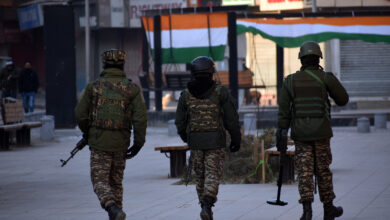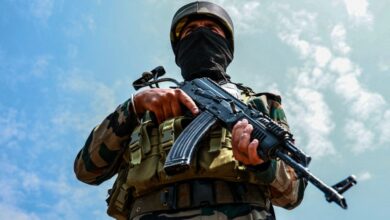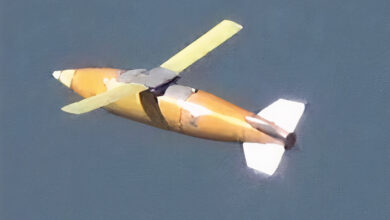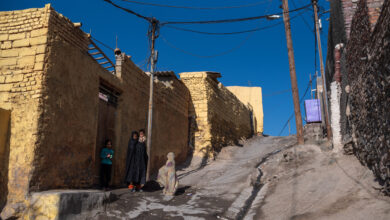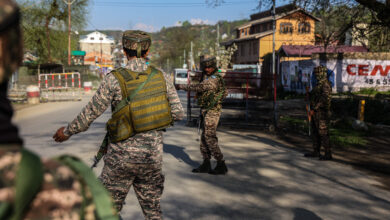India suspends offensive military operations in Kashmir for Ramadan
India will suspend military operations against rebels in disputed Kashmir territory in a rare gesture for the Muslim holy month of Ramadan, the Home Affairs office said on Wednesday, May 16.
The nearly 30-day halt is the first of its kind in Indian-controlled Kashmir for nearly two decades, and follows an escalation of violence in recent months in the Muslim-majority Himalayan region.
India has 500,000 troops in Kashmir, which is divided between India and Pakistan and claimed by both.
Home Minister Rajnath Singh said the suspension was to allow a peaceful month of fasting.
In a statement, Singh sought cooperation in the initiative but did not make a direct call for militants to suspend hostilities.
“[The] Government has issued instructions to the security forces and army not to undertake offensive operations during the period of [Ramadan] in Jammu & Kashmir,” the Department of Home Affairs statement said.
“However, if it is essential for protecting the life of the common people, the security forces will be compelled to take appropriate action.”
The decision means Indian troops will stop the pursuit of militants and door-to-door house searches, but they will retaliate if attacked, officials said.
There was no immediate response from Hizbul Mujahideen, the largest militant group active in Kashmir, but the Pakistan-based militant group Lashkar-e-Taiba rejected the truce offer outright.
“We are in favour of negotiations but the talks of negotiations in presence of armed occupational forces in the region are lies,” an LeT spokesman said in a statement to a Kashmir-based news agency.
Indian authorities and the Hizbul Mujahideen, whose militants are all from Kashmir, briefly ceased fighting in 2000, but the three-decade-old conflict has never shown any serious sign of ending.
Near-daily gunfights
Violence escalated after Indian troops killed a top militant commander in a 2016 gunfight that led to months of street protests in which scores of demonstrators were killed.
Dozens of young men have since joined militant groups and there are now almost-daily gunfights between armed rebels and Indian soldiers.
More than 200 militants and 57 civilians were killed in 2017 – the most in any single year in this decade – after the Indian government launched Operation All Out aimed at ending the insurgency in the region.
That upsurge in violence has escalated in 2018. More than 70 militants have been killed in dozens of gunfights and more than 30 civilians have also died.
Kashmir’s Chief Minister Mehbooba Mufti, who runs the local government in an alliance with Prime Minister Narendra Modi’s Bharatiya Janata Party, expressed hope that the decision “will create a peaceful and amicable environment for sustained dialogue.”
Kashmir has been divided between nuclear-armed neighbours India and Pakistan since the end of British colonial rule in 1947. They have fought three wars over the disputed territory.
Many civilians in Indian Kashmir – India’s only Muslim-majority state – support rebels who have been fighting for decades for independence or for a merger with Pakistan. Tens of thousands, mostly civilians, have died.
Rebel groups seek independence or a merger of the territory with Pakistan. India accuses Pakistan of arming the rebels, but Islamabad says it only gives diplomatic and moral support.
On April 1, at least 20 people – including at least four civilians – were killed on a single day.
Six civilians were shot dead by government forces in protests over the killing of five militants on May 7, promoting Mufti to appeal for a unilateral ceasefire.
India’s defence minister and several of Modi’s party colleagues have rejected the ceasefire call, saying it will allow militants to reorganise.
With reporting from AFP






